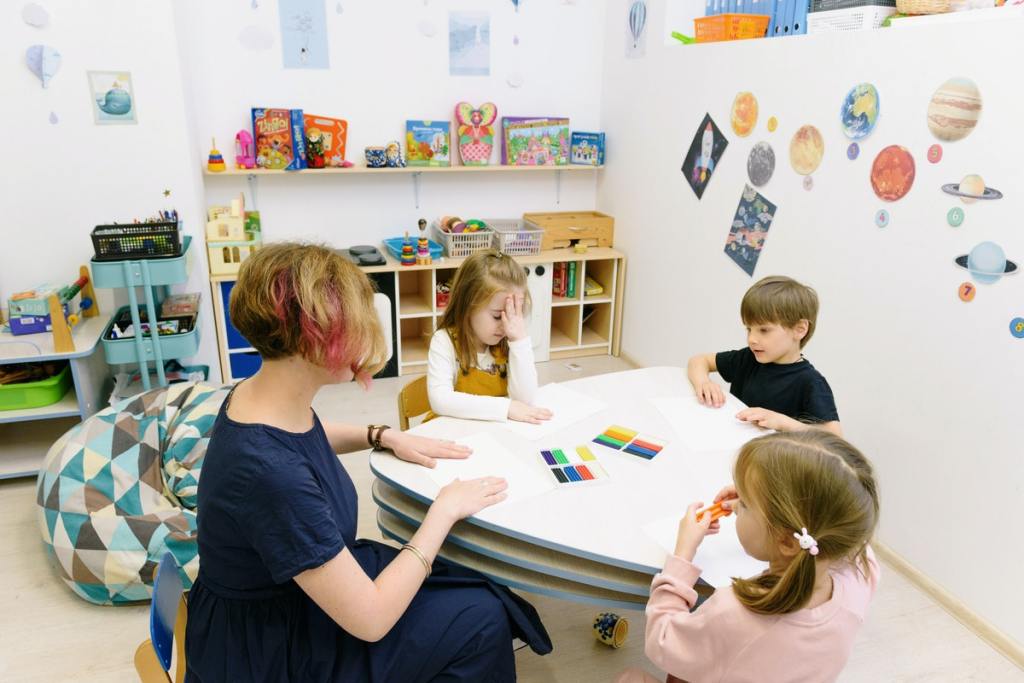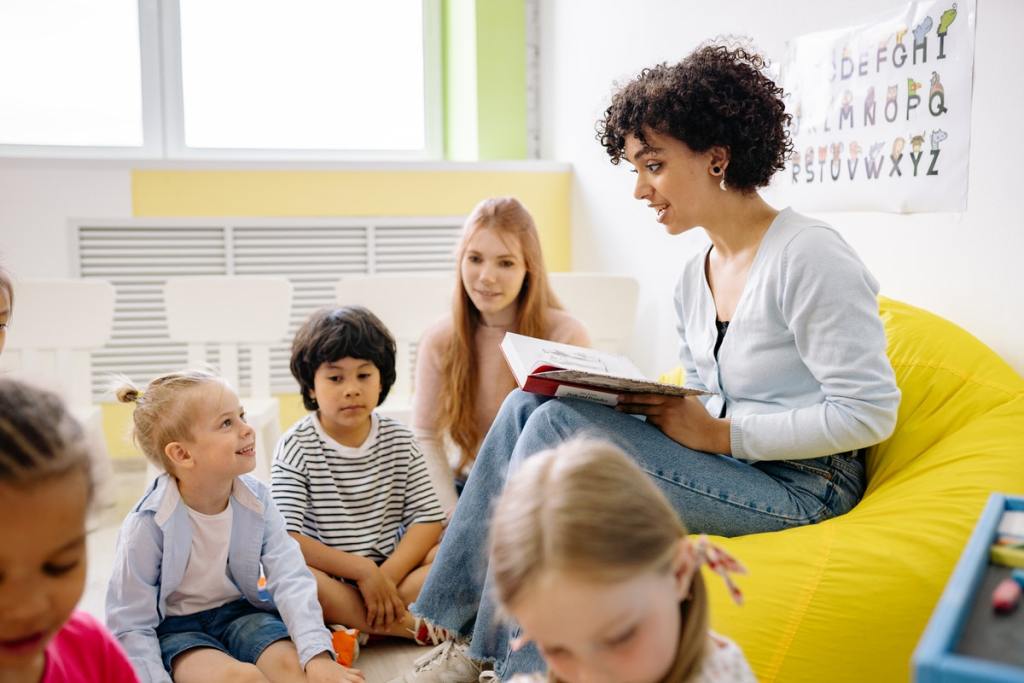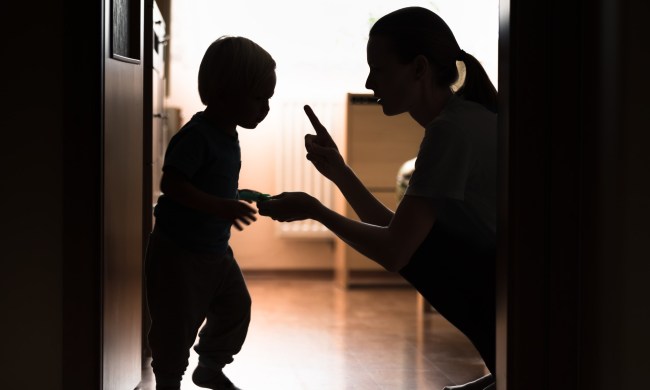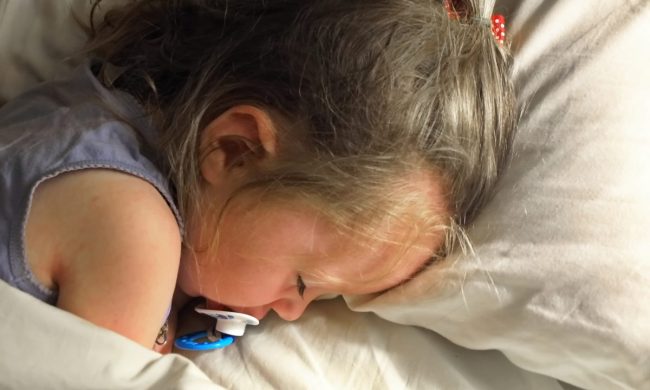How can you tell when your toddler is ready for preschool? Actually, there are many ways to answer this question. One depends entirely on the preschools themselves and their own sets of rules about ages and readiness, like potty training, for instance. The other relates to your observations and instincts.
So, if you’re pondering this question, read on for some guidance on what signs to look for and what age range might be most appropriate. It might surprise you to find out that your little one is not only ready but would also welcome the socialization and learning activities.

What is the right age for preschool?
While some preschools accept students as young as 2, and others prefer to start enrollment at age 3 or 4, there really isn’t a set age that’s best for starting preschool. You might hear a vast array of pros and cons for any age of toddlers entering preschool. For example, 2 years old is a great time to expose a child to more opportunities for socialization. Plus, this is an excellent stage to start acquiring more communication skills and expanding the vocabulary.
At the same time, age 3 presents a better situation when it comes to potty training, speech, and interactions with other children. You can also make the point that 4 or 5 years of age would be ideal for the same reasons. Nonetheless, children mature at their own pace. Thus, here are a few more factors to consider:
- Ability and willingness to follow directions
- Tolerance for being separated from parents
- Handling transitions from one activity to the next
- Level of communication
These behavioral aspects correlate with the standard operating procedures of most preschools and with some of the activities that take place in the classroom and on the playground. However, if you notice your child has some challenges with one or more of these factors, you can still use daily tasks and even some games to work on these habits and behaviors or reach out to other parents or your pediatrician for ideas.

What ages are preschool and kindergarten?
Typically, children start preschool at age 3 and kindergarten by age 5 or 6. In fact, the age a child starts kindergarten is mostly determined by each state’s laws regarding public education, if not each individual district’s requirements.
Conversely, preschool isn’t required by law in any of the 50 states. However, some departments of education at the state level offer funding to families to help with the cost of preschool, just as some school districts have taxpayer-funded public preschools that are tuition-free.
The impetus is to provide a jump start toward school readiness, and in the case of some public preschools, provide access to screenings and services, such as physical, occupational, or speech therapy, before entering elementary school.
Regardless of compulsory requirements, you’ll be able to tell if your toddler is ready for preschool and kindergarten thereafter, based on your observations, and if needed, your practitioner’s advice. Therefore, you don’t need to be concerned if you decide to wait until 4 years old to place your toddler in preschool, especially if they turn 5 in the middle of the year. This is a common scenario, just as allowing your child to wait until age 6 is another reasonable possibility.
How to prepare toddlers for preschool
At some point, if you determine your child is on the verge of being ready for preschool, but you’re still not sure, there are measures to take to ensure your toddler will be ready when the time comes. These strategies include:
- Delegating simple tasks, like putting matching socks together. This develops the skill of following directions.
- Giving your toddler a 5 or 10-minute notification when they transition from one situation to another, such as a 5-minute heads-up when outdoor playtime is almost over.
- Taking your child to a playgroup or on playdates to increase socialization.
- Talking with your pediatrician about milestones, like potty training, if you have questions or concerns.
Another important step is to visit some preschools and talk with their directors and staff to get a better idea of what the expectations for readiness are. And take your child along to gauge their response to all the stimuli and activity. Gaining as much information as possible helps with making this important decision.



